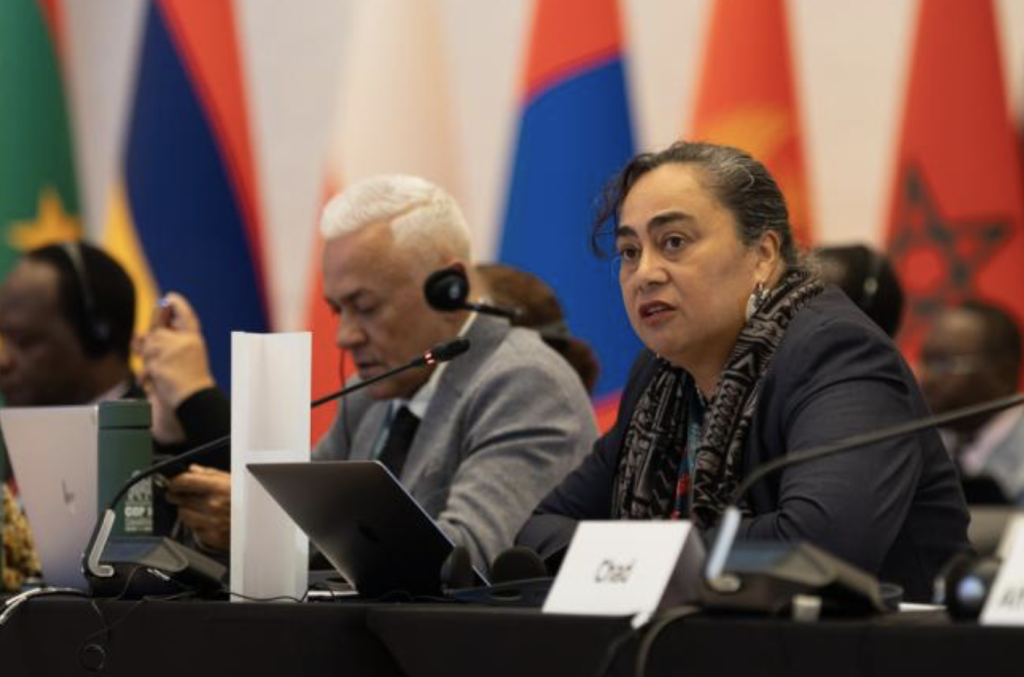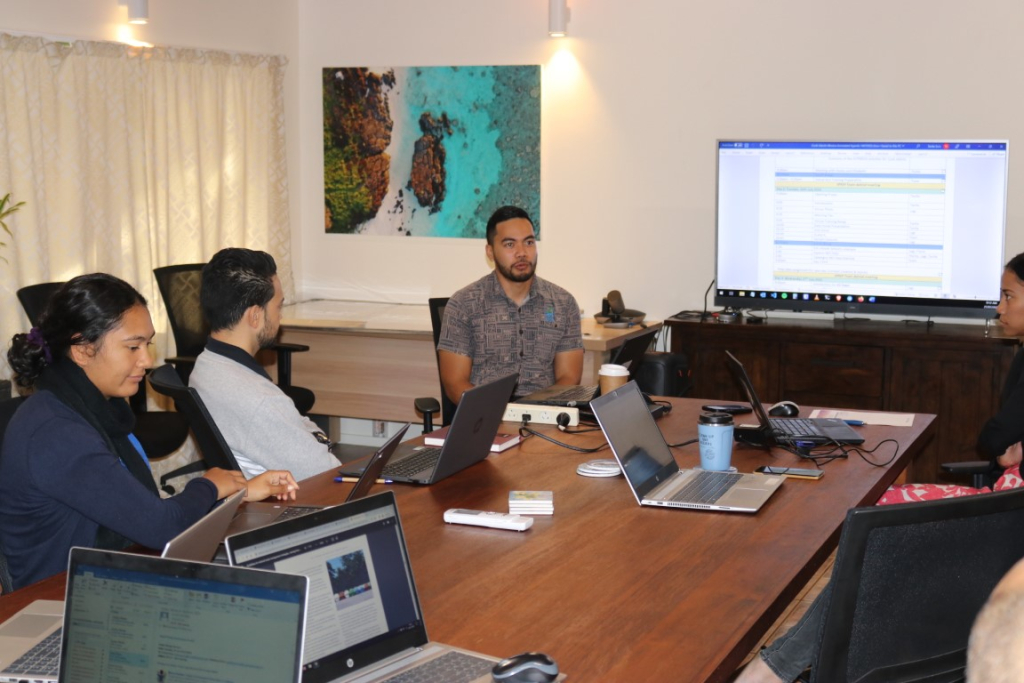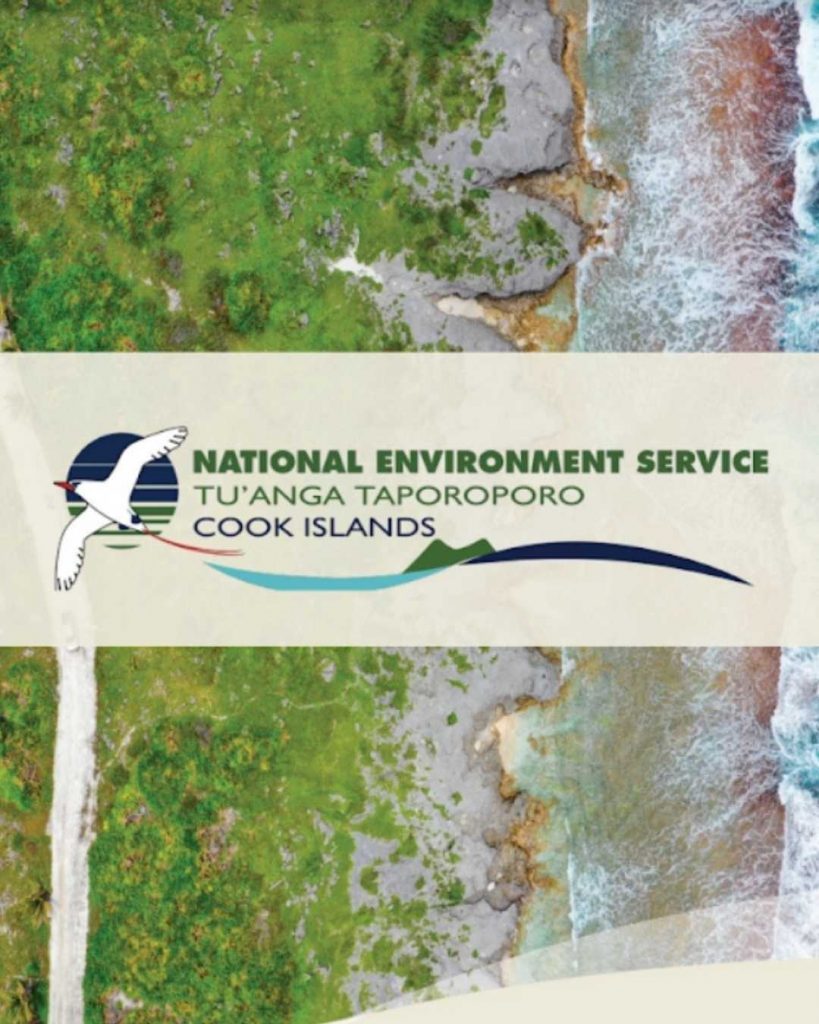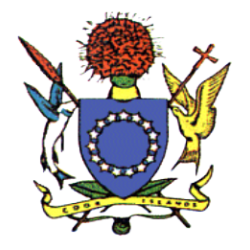Nature knows no borders, a befitting theme for the 14th Conference of the Parties to the Convention on Migratory Species was attended by over 100 parties, agencies, and experts and over 2000 delegates. The theme is a reminder that migratory species do not adhere to political boundaries and their survival is dependent on cross-border cooperation and protection. The conference was held in the historic Silk Road city of Samarkand, Uzbekistan, earlier this month. It is the first major biodiversity conference hosted in Central Asia.
The Conference on Migratory Species (CMS) brings together CMS parties, UN organizations, experts and Wildlife conservation organization, to agree on strategies to conserve migratory species and their habitats globally, spanning from the bottom of the sea to the upper reaches of the sky and every type of ecosystem in between. The conference considered extensive agenda items to address the needs of terrestrial, aquatic and avian migratory species.
One of the key outcomes of the conference was the adoption of the Samarkand Strategic Plan on Migratory species 2024-2032. The Samarkand Strategic Plan is a document that will guide CMS parties on the protection and conservation of migratory species. The goals and targets of the CMS strategic plan has strong linkage and contribution to the achievement of the Kunming-Montreal Global Biodiversity Framework under the Convention on Biological Diversity.
Elizabeth Munro, Manager for Environment Stewardship Division of the National Environment Service, attended the conference on behalf of the Cook Islands. She delivered the Cook Islands statements suggesting the inclusion of Traditional Knowledge in the New Strategic Plan for Migratory species and supported by the Philippines urged capable parties and organizations to provide technical and financial support for the Samarkand Strategic Action Plan. In the By-catch agenda item she emphasized that CMS should not adopt draft decisions in the domain of national fisheries administration while in the Deep-sea mining agenda item she stressed the need for Parties to enhance monitoring and research efforts to better understand the potential impact of deep-sea mineral extraction on migratory species.
The Cook Islands also receives a fair share of migratory species such as the sharks and whales we see from our shores and the Teue (Bristle-thighed Curlew), and Torea (Pacific Golden Plover) we see on our beaches and around rugby fields.
As a country who has declared its EEZ as a whale and shark sanctuary, two important and significant migratory species in the Cook Islands, we as the custodians of these migratory species has a role to play to ensure their protection as well as the habitat and ecosystems, they live in are conserved.







